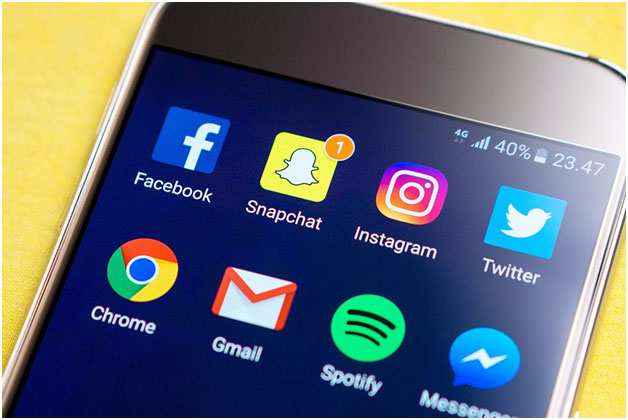It’s no secret, thus far, Windows Phone has had a rough go at it. The new OS has a great UI and slick and intuitive navigation, but despite people singing its praises, a few things still hold the new OS from reaching the level it really should. Some of the blame falls squarely onto Microsoft’s the shoulders, like not allowing the OS to utilize resolutions higher than 480×800 or the fact that WP only supports single core processors. While WP runs amazingly smooth on a single-core processor, the public impression is that bigger is better, or in this case more is better. When an Android phone with a 1.4GHz dual-core is placed next to a Windows Phone device with 1.0 or 1.4GHz single-core processor in a retail store, the impression that most people will have, is that the Android device is better, simply cause it has a faster processor. That’s simply not true, the iPhone dis-proves that theory with the 4S’s under clocked (800Mhz dual-core) A5 beating Samsung’s Galaxy S II (1.4GHz dual core Exynos) in benchmarks. It’s how well the OS runs on hardware it was optimized for, not how many cores it’s packing.
Another reason some customers have chosen not to pick up a Windows Phone device is the lack of top tier apps, but hopefully, that will change with the launch of Windows Phone 8, especially with the release of Windows 8 around the same time, which will heavily promote cross integration (think iOS and OSX).
There is another big reason that explains why Windows Phone has failed to take off, lousy carrier support. With only one Windows Phone available on Verizon (the U.S.’s largest carrier) and Sprint, five on AT&T and only two on T-Mobile, how is WP suppose to battle over a dozen or so Android devices, which already have an established eco-system? Some of you may say, well the iPhone did it and it’s really only one model, that’s true, but when the iPhone first launched (in 2007) it went unrivaled for a while, building a user-base and creating a robust ecosystem. Microsoft isn’t so lucky, they have to fend off iOS and Android, both of which have well established ecosystems and are market leaders.
But Windows Phone’s luck could all change later this year with Windows Phone 8. Not only will WP8 fix those issues addressed above (resolution and processors) but we’ve already heard Verizon suggest that they’d like to use Windows Phone to create a viable third ecosystem, that they’d like to push it like they did with their whole “Droid” campaign. Today in New Orleans, at CTIA 2012, David Owens, Sprint’s Director of Consumer Acquisitions, said that when it comes to Windows Phone, their only device, the HTC Arrive (currently $49.99) didn’t really sell that well, but that he’s “still bullish” on Windows Phone and that they [Sprint] will re-evaluate Windows Phone around August-September (i.e. checking out Windows Phone 8).
While that doesn’t give us much to go on in terms of devices, we know Sprint has a good thing going with Samsung and if rumors are true, that Samsung plans to use the Galaxy S III design and specs for a Windows Phone 8 device, we could very well see it drop on the Now Network, LTE included, of course.




